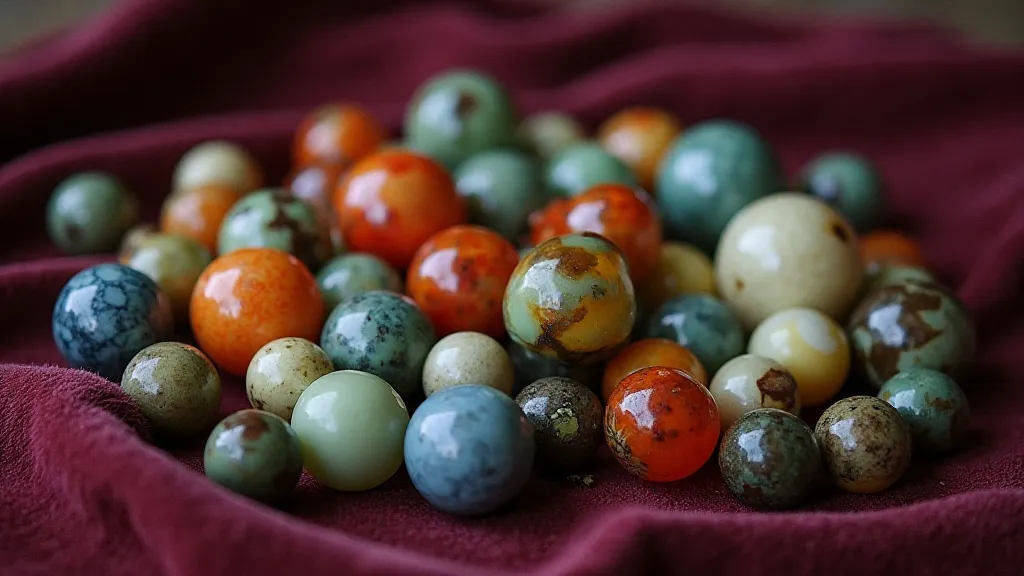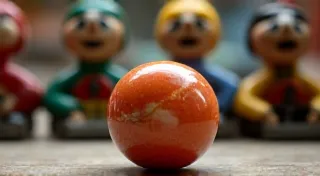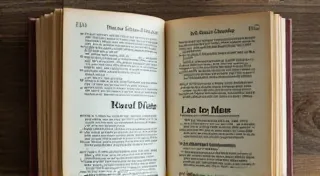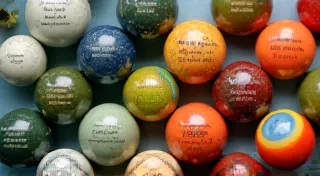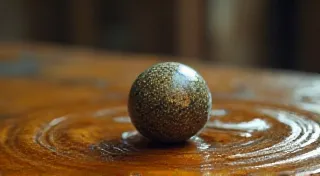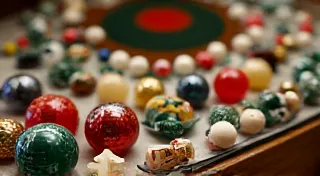Rare and Valuable Marbles: The Holy Grails of Collecting
The world of vintage marbles is a captivating one, filled with history, artistry, and the simple joy of a childhood pastime. While many antique marbles hold charm and nostalgic value, a select few rise above the rest, becoming the “holy grails” for serious collectors. These aren’t just marbles; they’re miniature works of art, imbued with stories of craftsmanship, scarcity, and sometimes, sheer luck. This article delves into some of the rarest and most valuable vintage marbles, exploring what makes them so desirable and the factors influencing their prices.
Understanding Value in Marble Collecting
Before we dive into the specific marbles, it's crucial to understand what drives value in this niche. Several factors come into play:
- Rarity: Naturally, the fewer examples of a particular marble exist, the more valuable it becomes. Production runs were often short, and many marbles were lost or broken over time.
- Condition: As with any collectible, condition is paramount. Mint or near-mint marbles command significantly higher prices. Chips, scratches, and wear dramatically reduce value.
- Type & Manufacturing Technique: Certain types of marbles, especially those requiring complex or innovative manufacturing techniques, are inherently more desirable.
- Color & Pattern: Unique and striking color combinations and patterns add to a marble's allure.
- Size: While not always the defining factor, larger marbles can sometimes be more valuable, especially if they represent a rare variety.
- Provenance: Knowing the history of a marble—who owned it, where it was found—can add to its story and value.
The Contenders for the Top Spots
Let’s examine some of the most sought-after and valuable vintage marbles. Prices listed are approximate and can fluctuate based on condition, auction results, and collector demand.
1. Sulphide Marbles (German, Late 1800s - Early 1900s)
These are arguably the *pinnacle* of marble collecting. Made from plaster mixed with sulfur, these marbles were hand-painted with intricate scenes – often depicting animals, landscapes, or historical figures. The detail is astonishing, and each marble is essentially a unique miniature sculpture.
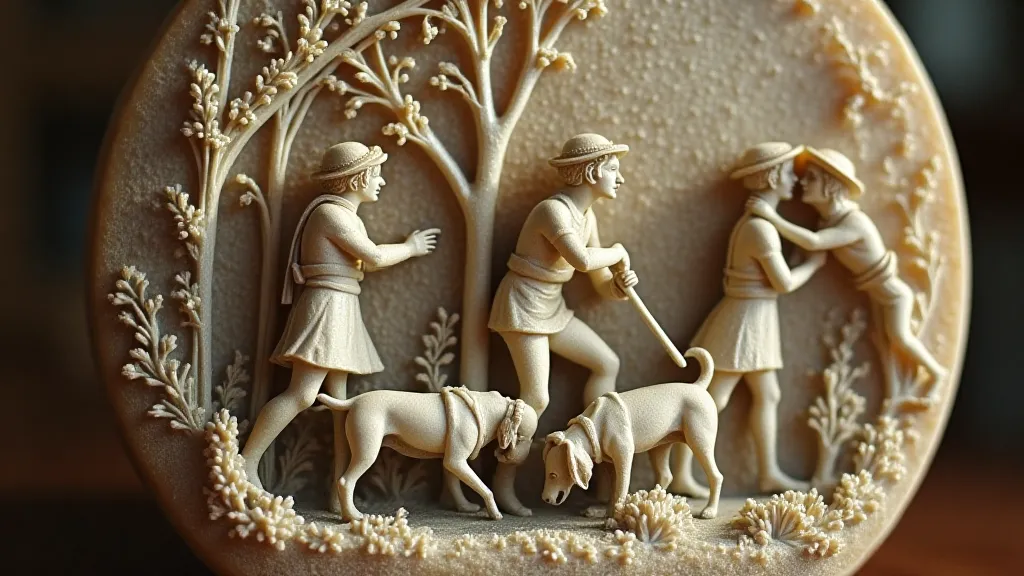
Estimated Value: $500 - $10,000+ (depending on subject, detail, and condition. Extremely rare subjects like royalty can fetch even higher prices.)
2. Core-Clear Marbles (American, Early 1900s)
These visually stunning marbles are created by inserting a colored glass “core” inside a clear glass outer layer. The core can be virtually any color or pattern, resulting in an incredibly attractive swirling effect. Different types exist, including swirlies, rainbow, and others, adding to their collectibility.
Estimated Value: $100 - $2,000+ (rarer colors like red or blue, and unusual swirl patterns, increase value)
3. Gutta-Percha Marbles (British, Mid-to-Late 1800s)
Made from the natural latex of the gutta-percha tree, these were among the earliest manufactured marbles. Their distinctive orange-brown color and slightly soft texture are instantly recognizable. They were often hand-painted, but unpainted examples are also sought-after.
Estimated Value: $50 - $800+ (Condition and presence of hand-painted designs significantly impact price)
4. Rainbow Marbles (American, Early 1900s)
These are clear glass marbles that have vibrant bands of color created through a process that layers different colored glass during the manufacturing process. The layering produces a swirling, rainbow effect when the marble is held to the light. Finding ones with exceptional banding and clarity is highly prized.
Estimated Value: $50 - $1,500+ (depending on the clarity of the glass and the vividness of the rainbow bands)
5. Swirlies (American, Early 1900s)
Similar to Rainbow Marbles, Swirlies feature colorful streaks swirling within a clear glass base. What distinguishes them is a more chaotic and less ordered swirl pattern. Their unique, almost psychedelic appearance makes them attractive to collectors.
Estimated Value: $40 - $1,000+ (particularly vibrant and well-defined swirl patterns are more valuable)
6. Hand-Painted Clay Marbles (German, Early 1900s)
These are relatively common, but exceptionally well-painted examples, depicting animals, portraits, or scenes, can be quite valuable. The skill of the artist is a major factor.
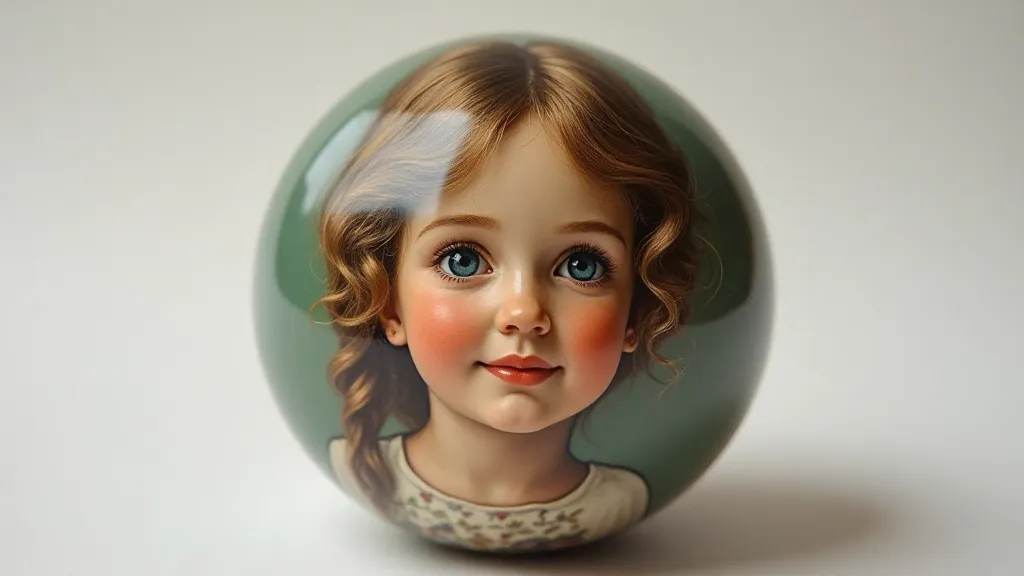
Estimated Value: $25 - $500+ (depending on the artistry and subject matter)
7. Fresnel Marbles (American, Late 1920s - Early 1930s)
These are clear glass marbles that contain a distinctive pattern of concentric circles or lines inside. They’ve become something of a cult favorite among collectors due to their unique visual effect.
Estimated Value: $30 - $600+ (the more defined the pattern, the higher the value)
The Hunt for Rarity
Collecting rare vintage marbles is a blend of research, patience, and a bit of luck. Attending antique shows, browsing online auctions, and networking with other collectors are all excellent ways to increase your chances of finding a "holy grail" marble. Remember that condition is *always* a critical factor. Even the rarest marble is less valuable if it's chipped or scratched.
Preserving History, One Marble at a Time
Beyond the monetary value, collecting rare vintage marbles is about preserving a piece of history. These miniature objects offer a glimpse into the manufacturing techniques, artistic styles, and childhood experiences of bygone eras. Each marble tells a story, and by collecting them, we help to keep those stories alive for generations to come.
